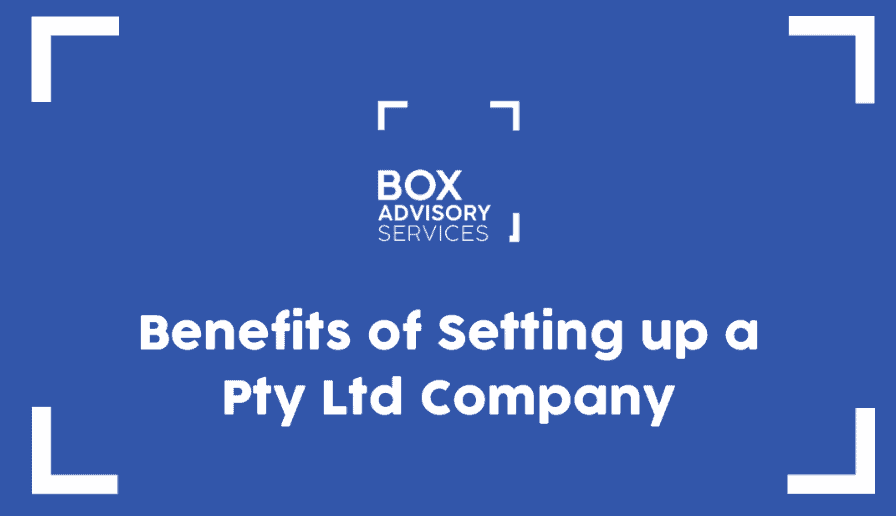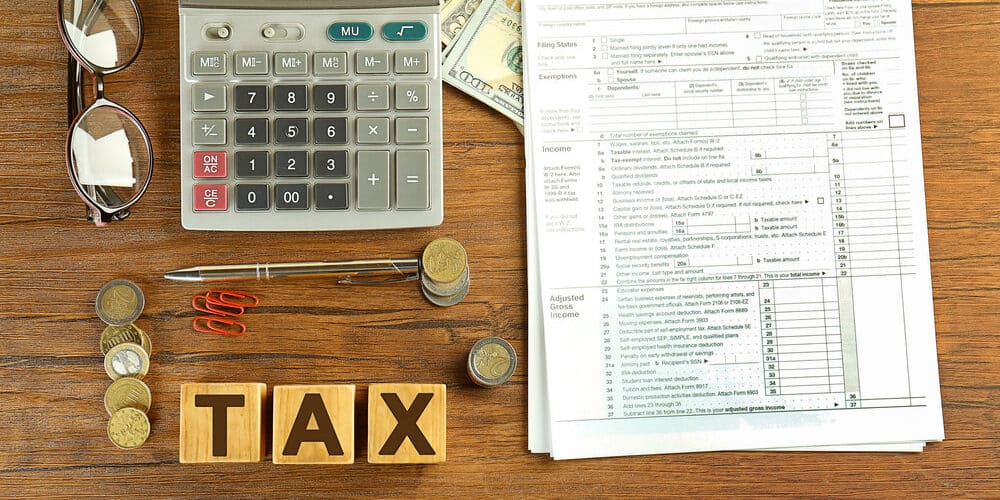
BY
|
Medicare Levy: The Australian Healthcare Tax
Do you know that most Australians pay a 2% Medicare Levy on their taxable income? This is essentially how our country funds the public health system.
Thanks to this levy, essential medical services are available to everyone. It’s a vital part of our tax system and keeps our healthcare stable and high-quality.
What is the Medicare Levy?
The Medicare Levy is vital for Australia’s health care. It ensures everyone can get medical help by applying a 2% levy on taxable income based on different annual income levels. Knowing what it does is key to your taxes and support for health services.
For families, the combined income of both partners is considered when calculating the Medicare Levy.
How the Medicare Levy Helps Fund Australia’s Public Health System
Funds from the Medicare Levy support things like doctor visits and surgeries. They also make prescriptions cheaper through the PBS, as well as aid medical research and keep our community healthy. Vaccination programs are part of it too.
Most Australians with jobs pay this tax. But, there are some exceptions, like for seniors or those who earn less. The family income threshold for the Medicare Levy Surcharge is increased by $1,500 for each dependent child after the first.
Calculating Your Medicare Levy
The standard rate for the medicare levy is 2% of what you earn. If you made $50,000 last year, you owe $1,000 for Medicare.
But, the amount you owe can differ based on how much you earn and other factors. The family income threshold is used to determine eligibility for the Medicare Levy Surcharge, which can impact the rate you pay based on your total family income and the number of dependent children.
Medicare Levy Rate and Taxable Income
Most people pay a flat 2% for the levy. But, if you make less, you might pay less or maybe nothing at all. This depends on your income level.
For the 2022-23 year, you might pay less if you make:
- $24,276 for individuals
- $38,365 for seniors and pensioners with the tax offset
Additionally, reportable fringe benefits are included in the income thresholds for determining the Medicare Levy Surcharge rate.
| Taxpayer Category | Income Threshold (2022-23) | Medicare Levy Rate |
| Individuals | $24,276 | 2% |
| Seniors and Pensioners (entitled to tax offset) | $38,365 | 2% |
Reductions and Exemptions for Low-Income Earners and Special Circumstances
Some people don’t have to pay the Medicare levy at all if they are:
- Working in Australia as a foreigner temporarily
- Not able to use Medicare
- Exempt due to specific medical reasons
If you couldn’t use Medicare all year, you can request not to pay the levy. This means you won’t pay for a healthcare system you didn’t use. Additionally, individuals may apply for a Medicare levy exemption if they meet certain criteria, such as eligibility for avoiding payment of the Medicare levy for all or part of the year.
Medicare Levy Surcharge (MLS)
The Medicare Levy Surcharge (MLS) is an extra fee some Australians may have to pay. It all depends on their income and whether they have private hospital cover. This extra cost aims to encourage people with higher incomes to purchase private health insurance, lessening the pressure on public healthcare. MLS is often confused with medicare levy but this is infact a fee on top of the Medicare levy.
If you make over $93,000 as an individual or $186,000 in a family, you might face the MLS in the 2023–24 financial year. The more you earn, the higher this surcharge gets.
Australians can avoid MLS by taking out private patient hospital cover. This is normally recommended by most accountants and advisers as the cost of basic private patient hospital coverage is generally lower than MLS
Key Takeaways
- The Medicare Levy is a 2% tax on most Australians’ taxable income, helping to fund the public health system.
- Reductions and exemptions may apply based on income and personal circumstances.
- Individuals may qualify for a Medicare Levy Reduction based on income thresholds.
- Some individuals may be eligible for a Medicare Levy Exemption under certain conditions.
- The Medicare Levy is automatically calculated when completing your tax return.
- High-income earners without private hospital cover may be subject to the additional Medicare Levy Surcharge (MLS).
- Contributing to the Medicare Levy ensures that all Australians have access to affordable healthcare services.
FAQ
What is the Medicare Levy?
The Medicare Levy is extra tax for Australia’s Medicare health system. It’s part of the cost for everyone’s health care.
How much is the Medicare Levy?
This levy is 2% of what you earn. You work it out by multiplying your income by 0.02.
Who pays the Medicare Levy?
Almost all Australians pay it to support Medicare. If you earn more than $24,276 per year, you probably pay. Some seniors and pensioners are exempt if they earn over $38,365 a year.
Can I get a reduction or exemption from paying the Medicare Levy?
If you earn less, your Medicare Levy might be lower. In some cases, like if you are a foreign resident, you don’t pay at all. This also applies if you can’t use Medicare or have certain medical needs.
How do I calculate my Medicare Levy?
When you do your taxes, it figures out automatically. Or you can use a Medicare Levy calculator.
What is the Medicare Levy Surcharge (MLS)?
The Medicare Levy Surcharge is extra levy for some Australians. If you earn more than a certain amount and lack private hospital cover, you pay this charge. It aims to make people consider private health cover to ease the demand on public health.
How much is the Medicare Levy Surcharge?
If the MLS applies to you, you pay 1% to 1.5% of your taxable income. Similar to tax rates, this charge increases with your earnings.
How can I avoid paying the Medicare Levy Surcharge with private health insurance?
To dodge the MLS, have private hospital coverage for the full year. Even basic hospital coverage could exempt you from the Medicare Levy Surcharge. Note that people often believe that extras-cover private health insurance will give you an exemption to MLS, but this is incorrect. You need to receive hospital private health insurance to be exempt from MLS.



